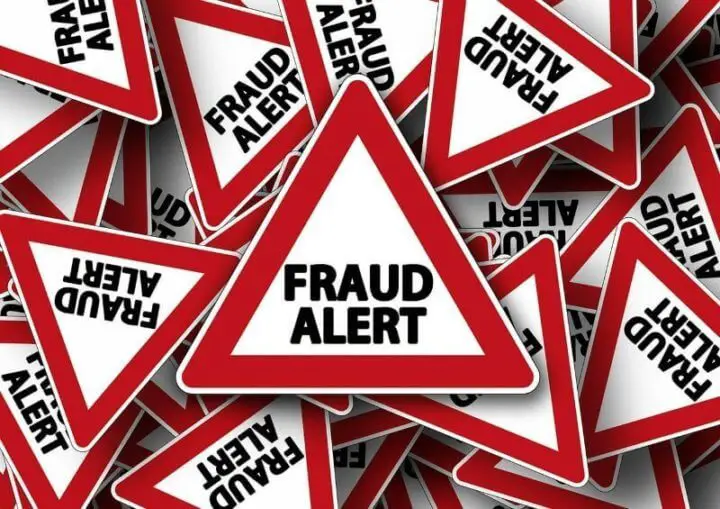
How can you tell if an online review is fake? If you’re looking to buy any product online, what’s one of the key features that you look for before you click and make the sale? This could also be the case if you’re looking for a shop in a physical store but you’re simply using the internet to get to know what’s out there. Could it be the price? Could it be the product features? More times than not, your purchasing decision will be based on the reviews of a product. After all, when was the last time you bought a 1-star product on Amazon?
Fake!
However, as great as reviews are at helping make the right purchases of quality products, there have been times where reviews have been faked. Whether this is an individual simply trolling a company and trying to bring it down, from a competition standpoint, or whether the company is using people to generate reviews to boost their sales, forgery is rife in the online community.
So, you’re shopping for a new razor, an essential when it comes to your well-being, style and just your day to day living and, as we all know, get the wrong razor, and you’re in for a lot of pain, irritation and suffering.
To help you make the right purchasing decision when it comes to something so important, here’s how you can spot fake reviews and know which ones to trust.
Get another Opinion
There is a tonne of tools out there on the internet that can help you to determine whether a review is fake or not, using similar techniques and tips to what we’ve already explored above.
For example, tools like Fakespot or Reviewmeta allow you to paste in the entire razor’s product page where it will analyse all the reviews on that page for that product, saving you the time of having to look through them all and decide yourself. It even gives you a grade so you can quickly see whether or not the reviews are legitimate.
Fake Reviews Usually Have A Lack of Detail
It’s important to remember that fake reviews are usually paid for, usually in bulk of between 20 – 100 reviews which could costs anywhere up to $100. When creating this large volume of reviews, the writer may not have access to the product and therefore will miss certain key details in the review.
If you’re reading a review and it’s either really positive or really negative, but there are no specific details as to what, the chances are that it’s probably a fake.
Fake Reviews May Be Completely One-Sided
If you’re reading a good review about a certain razor, you’ll find that the reviews are quite balanced and normally list the pros and cons of the product, highlight their own personal experiences with the razor and share to the company and to you what could be improved in the product.
“However, if you’re reading a review which claims this is the worst razor ever and they wouldn’t wish it upon their worst enemy or the complete opposite and stands how amazing and incredible it is, the chances are that these are fake” – says Frances Martin, a Customer Relationships Manager at Big Assignments.
Fake Reviews Often Have Poor Vocabulary
Science tells us that our brains have to physically and mentally work harder when we lie. Usually, this means that our vocabulary suffers as we’re too busy trying to make our lies believable.
Of course, not everybody has a great vocabulary anyway, but if a review seems very simple and not too in-depth, the chances are that it’s a fake.
Fake Reviews Are Usually Short
Hand in hand with the consideration above, if the review is too short, this can also mean that it’s a fake. You’ve got to use your common sense here as some people will just write things like ‘great’ or ‘would buy again’ but a good, meaningful and valuable review will contain a lot of information that someone has worked hard to create, rather than simply stringing a single sentence together.
Reviews are there to help us make the best decisions, but if we can’t decide whether a review is fake or not, we can so easily end up making the wrong decisions, forcing us to waste our hard-earned money. Use these tips to make sure you’re making the right purchasing decision every time you buy a new razor.
About the author:
Gloria Kopp is an online marketing strategist and a business writer at Essayroo. She regularly contributes articles to Huffingtonpost and Boomessays blogs. Gloria is an author of Studydemic blog where she shares her writing tips and guides with students.

I think this article had bad timing with the FAKE NEWS thing going on. That being said you can tell mostly when you’re reading an article that’s leaning too much to one side or the other. I like it when you have the pros and cons of a product in an article.
VERY GOOD ARTICLE !
What did I learn..well nothing!
Best article ever!!!
…see what I did there 😉
Ha! Bravo.
I wonder if there are tools like Fakespot or Reviewmeta designed for academicians. If so, are they able to spot review fake homework assignments, papers and dissertations, written by services such as Big Assignments and Essayroo?
Comments are closed.